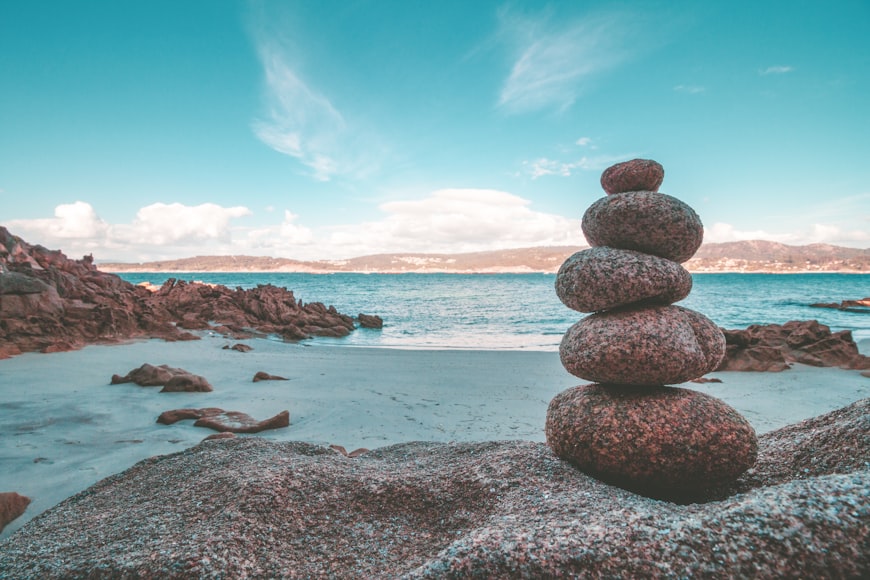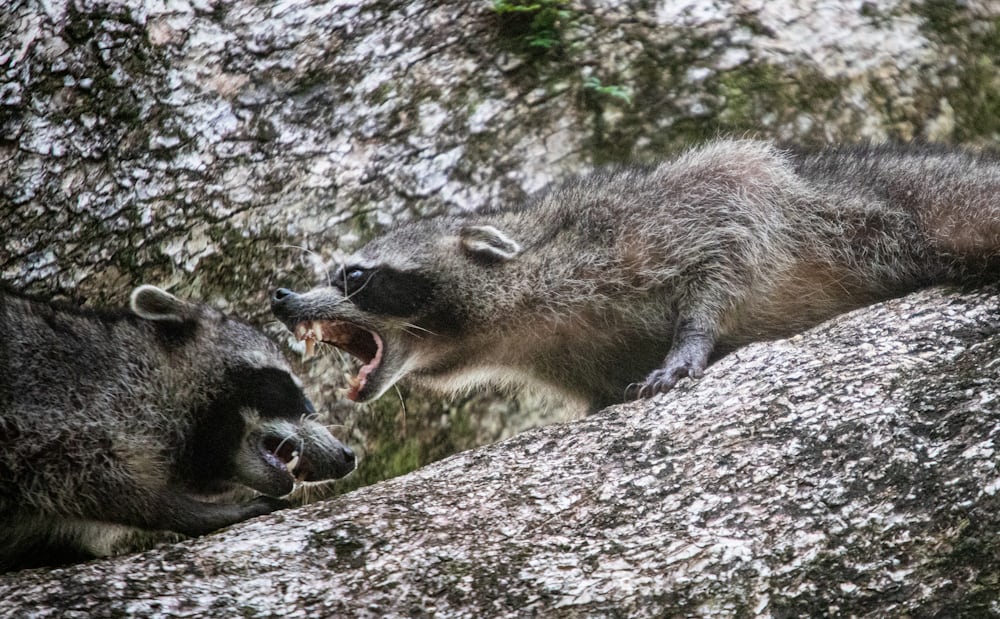In recent years, the topic of vegan bodybuilding has sparked considerable interest and debate among fitness enthusiasts and nutritional experts. The question at the heart of this discussion is whether a vegan diet, which excludes all animal products, can support the rigorous demands of bodybuilding. The answer, supported by both scientific research and real-world examples, is a resounding yes.
At its core, bodybuilding is about building muscle mass and reducing body fat to achieve a sculpted physique. This process requires a well-planned diet that is high in protein, along with a structured exercise regimen. Traditionally, animal products have been the go-to source for high-protein diets due to their complete amino acid profiles. However, a well-planned vegan diet can also meet, if not exceed, these nutritional requirements through plant-based sources.
Nutritional Considerations
The key to a successful vegan bodybuilding diet is diversification and planning. Plant-based proteins such as lentils, chickpeas, tofu, seitan, and quinoa, among others, can provide ample protein. Moreover, these sources are also rich in other nutrients vital for bodybuilding, including fiber, vitamins, and minerals. The challenge lies in ensuring a complete amino acid profile, which can be easily overcome by consuming a variety of protein sources throughout the day.
Supplements and Foods
While a well-rounded vegan diet can meet most nutritional needs, certain supplements may be beneficial. Vitamin B12, typically found in animal products, is essential for energy production and may need to be supplemented. Omega-3 fatty acids, important for heart health and inflammation control, can be obtained from algae-based supplements, a vegan-friendly option. Additionally, vegan bodybuilders might consider protein powders derived from peas, rice, or hemp to ensure they meet their protein requirements without exceeding their caloric needs.
Real-World Success
The existence and success of vegan bodybuilders have shattered the myth that animal protein is necessary for muscle building. Athletes like Torre Washington, Nimai Delgado, and Venus Williams have achieved remarkable physique and performance, all while adhering to a vegan diet. Their success stories provide not only inspiration but also practical blueprints for others interested in pursuing bodybuilding on a vegan diet.
Environmental and Ethical Benefits
Beyond personal health and performance, vegan bodybuilding aligns with broader ethical and environmental concerns. By avoiding animal products, vegan bodybuilders contribute to reducing animal cruelty, lowering greenhouse gas emissions, and conserving water and land resources. Thus, vegan bodybuilding extends its benefits beyond the individual to the global community.
Conclusion
The question of whether there can be a vegan bodybuilder is not just answered in the affirmative; it is celebrated with the achievements of many who have embraced this lifestyle. With careful planning, dedication to nutritional balance, and a commitment to rigorous training, vegan bodybuilders can achieve and often surpass their goals. The journey of a vegan bodybuilder is a testament to the power of plant-based nutrition and its potential to redefine the boundaries of athletic performance and physical aesthetics.




